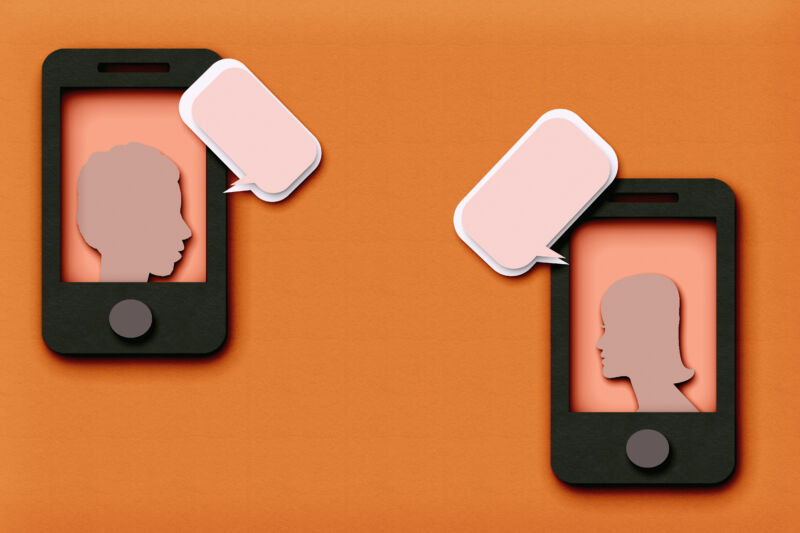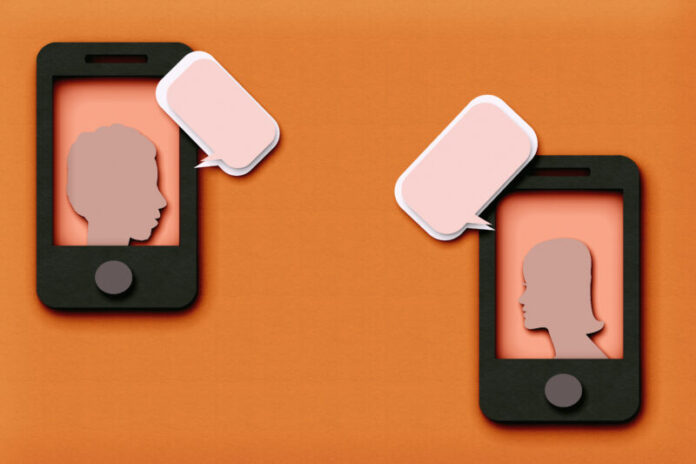
Enlarge (credit: Carol Yepes/Getty)
Political polarization in the US has become a major issue, as Republicans and Democrats increasingly inhabit separate realities on topics as diverse as election results and infectious diseases. An actual separation seems to underly some of these differences, as members of the two parties tend to live in relatively homogeneous communities, cluster together on social media, and rely on completely different news sources.
That's not a recipe for a functional society, and lots of work has gone into exploring the impact of polarization, as well as possible means of reducing it. Now, a team of researchers has tested whether social media can potentially help the situation by getting people with opposite political leanings talking to each other about controversial topics. While this significantly reduced polarization, it appeared to be more effective for Republican participants.
Anonymity is key
The researchers zeroed in on two concepts to design their approach. The first is the idea that simply getting people to communicate across the political divide might reduce the sense that at least some of their opponents aren't as extreme as they're often made out to be. The second is that anonymity would allow people to focus on the content of their discussion, rather than worrying about whether what they were saying could be traced back to them.
Read 15 remaining paragraphs | Comments
Ars Technica - All contentContinue reading/original-link]




